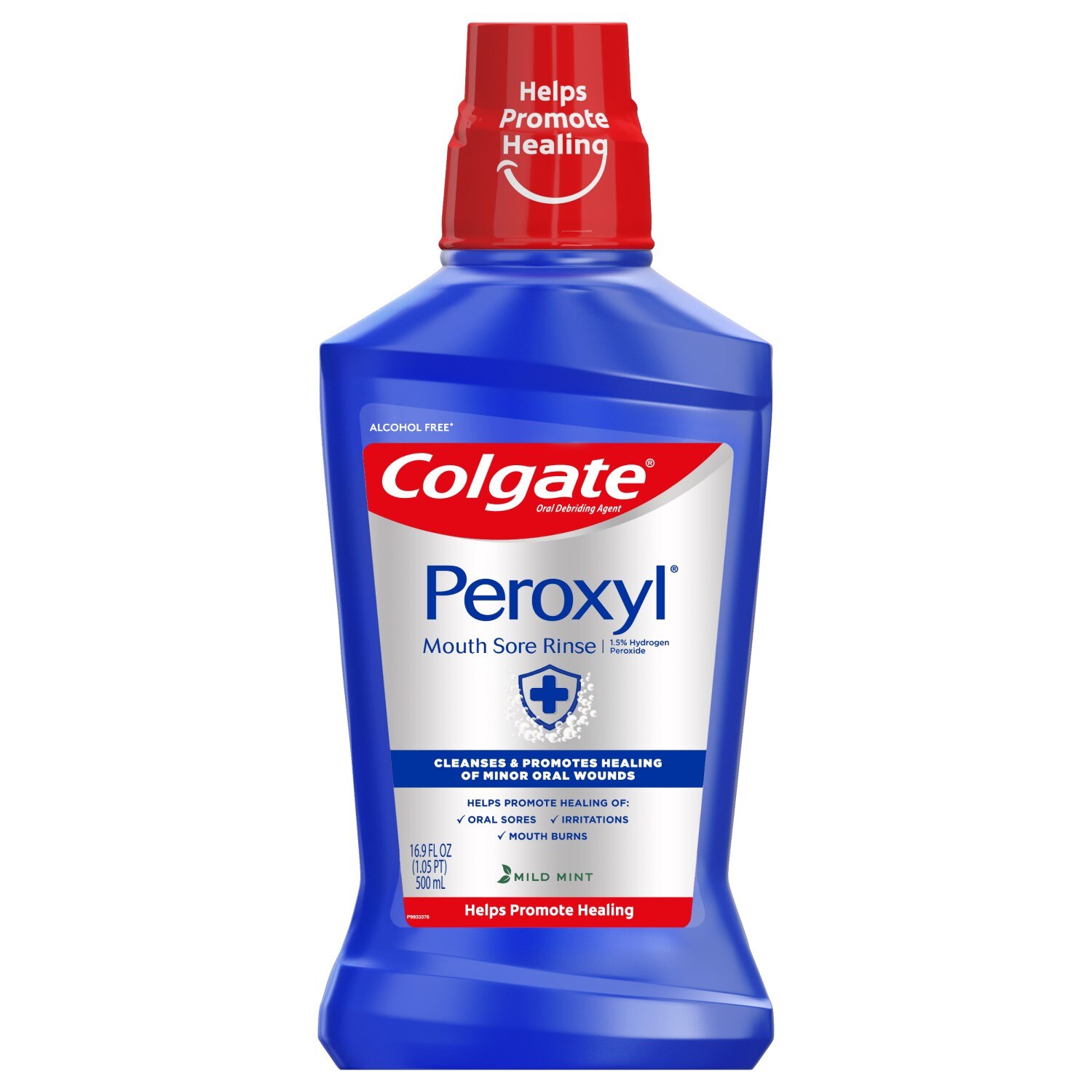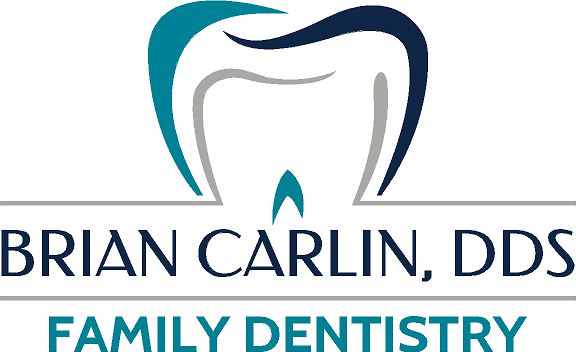Non Alcohol Mouth Rinse

The world of oral care has evolved significantly over the years, and one area that has seen considerable innovation is the development of non-alcohol mouth rinses. For a long time, mouthwashes containing alcohol were the norm, touted for their ability to kill bacteria and freshen breath. However, the use of alcohol in these products has raised several concerns, including dry mouth, irritation, and the potential for alcohol abuse. In response, manufacturers have worked to create effective, non-alcoholic alternatives that not only mimic the benefits of traditional mouthwashes but also address the drawbacks associated with alcohol use.
Understanding the Need for Non-Alcohol Mouth Rinse
The demand for non-alcohol mouth rinses stems from a variety of factors. Firstly, alcohol can have a drying effect on the mouth, reducing saliva production. Saliva plays a crucial role in oral health, acting as a natural cleanser that helps neutralize acids and remineralize teeth. A reduction in saliva can thus lead to increased susceptibility to tooth decay and other oral health issues. Secondly, for individuals who suffer from mouth sores, abrasions, or other forms of oral irritation, alcohol-based mouthwashes can exacerbate these conditions, causing discomfort and pain. Lastly, there are segments of the population, such as children, pregnant women, and individuals with certain health conditions, who should avoid alcohol or have limited exposure to it.
Components of Non-Alcohol Mouth Rinses
Non-alcohol mouth rinses utilize a variety of active ingredients to achieve their oral health benefits without the inclusion of alcohol. Some common components include:
- Essential Oils: Derived from plants, essential oils such as eucalyptus, peppermint, and tea tree oil are known for their antimicrobial properties. They help reduce plaque, prevent gingivitis, and freshen breath.
- Chlorhexidine: A powerful antibacterial agent, chlorhexidine is used in some non-alcohol mouthwashes to control plaque and gingivitis. It is particularly effective in preventing the buildup of bacteria on the teeth and gums.
- Fluoride: Often added to mouth rinses to help prevent tooth decay, fluoride strengthens tooth enamel, making teeth more resistant to acid attacks from plaque bacteria and sugars in the mouth.
- Xylitol: This sugar substitute is known to prevent the growth of Streptococcus mutans, a type of bacteria associated with tooth decay. Xylitol also promotes saliva production, which helps to neutralize acids and remineralize teeth.
Benefits of Non-Alcohol Mouth Rinses
The benefits of using non-alcohol mouth rinses are multifaceted:
- Reduced Irritation: They are generally gentler on the mouth tissues, making them suitable for individuals with oral sensitivity or sores.
- Prevention of Dry Mouth: By not containing alcohol, these mouthwashes help maintain saliva production, reducing the risk of dry mouth and associated complications.
- Effective Against Plaque and Gingivitis: With the use of antimicrobial ingredients, non-alcohol mouth rinses can be as effective as their alcohol-based counterparts in controlling plaque and preventing gingivitis.
- Suitable for All Ages: Their alcohol-free formulation makes them appropriate for use by children, as well as by adults who prefer to avoid alcohol for personal or health reasons.
Choosing the Right Non-Alcohol Mouth Rinse
With the multitude of options available, selecting the right non-alcohol mouth rinse can seem daunting. Here are some considerations to keep in mind:
- Purpose: Determine what you are looking to achieve with your mouth rinse. Are you seeking to reduce plaque, prevent gingivitis, or simply freshen your breath?
- Ingredients: Consider the active ingredients and ensure they align with your oral health needs and personal preferences.
- Certifications: Look for products that have been certified by reputable dental associations, as this can be an indicator of the product’s effectiveness and safety.
- User Reviews: Reading reviews from other users can provide valuable insights into the product’s efficacy and any potential side effects.
Conclusion
Non-alcohol mouth rinses offer a viable alternative to traditional alcohol-based mouthwashes, addressing concerns related to dry mouth, irritation, and alcohol exposure. By understanding the components, benefits, and considerations for choosing a non-alcohol mouth rinse, individuals can make informed decisions about their oral health care. Remember, a non-alcohol mouth rinse should be used as part of a comprehensive oral hygiene routine that includes regular brushing, flossing, and dental check-ups to maintain optimal oral health.
What are the primary benefits of using a non-alcohol mouth rinse?
+The primary benefits include reduced irritation, prevention of dry mouth, effective control of plaque and gingivitis, and suitability for all ages, especially those who need to avoid alcohol.
How do I choose the right non-alcohol mouth rinse for my needs?
+Consider the purpose of the mouth rinse, the active ingredients, certifications from dental associations, and reviews from other users. Align these factors with your oral health needs and personal preferences.
Are non-alcohol mouth rinses as effective as alcohol-based ones in controlling plaque and gingivitis?
+Yes, many non-alcohol mouth rinses are as effective as their alcohol-based counterparts. They utilize antimicrobial ingredients such as chlorhexidine and essential oils to control plaque and prevent gingivitis.


